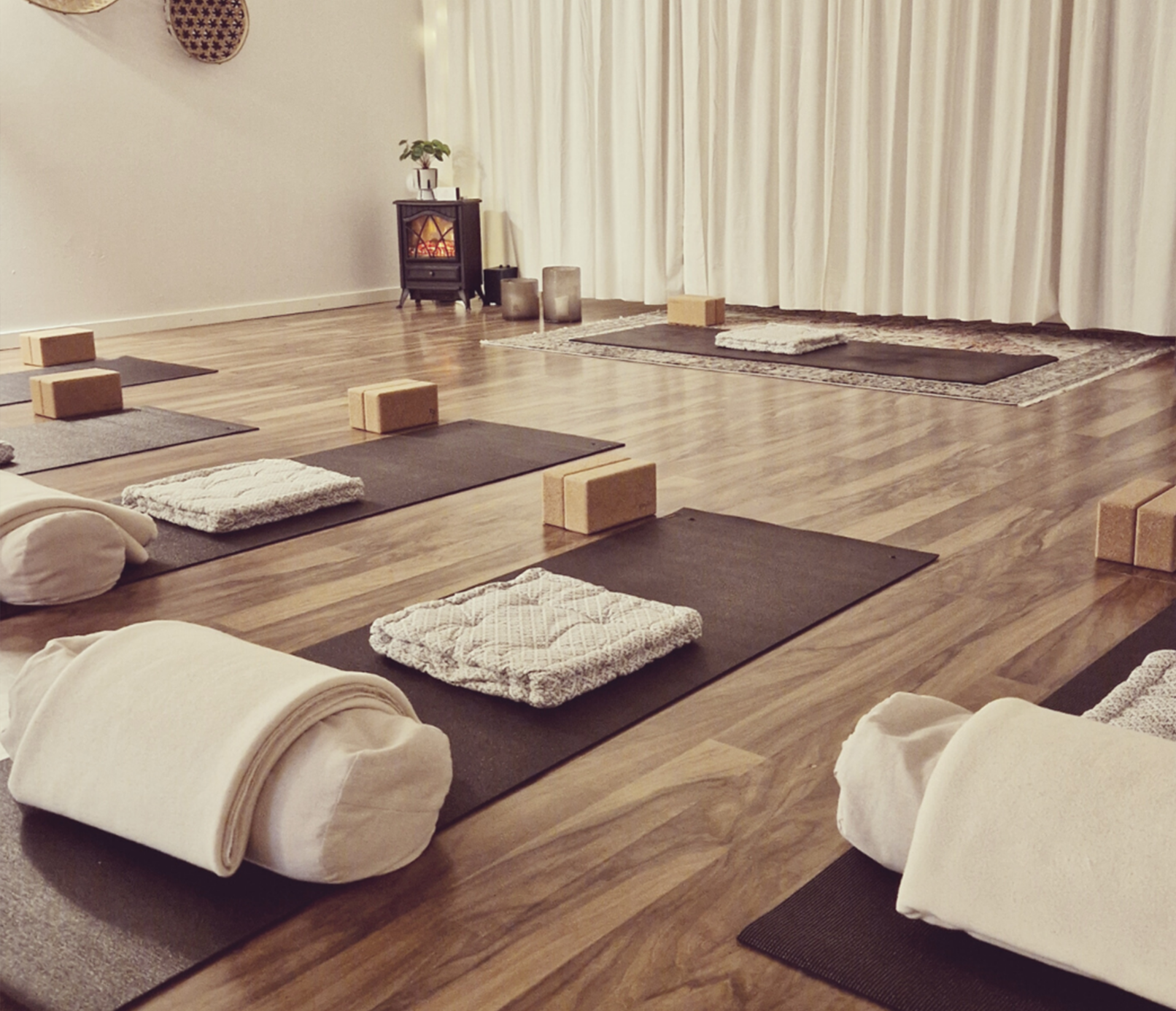Studio Sansa
[cbxwpbookmarkbtn]
Studio Sansa är den lokala studion i Boden med fokus på holistisk skönhet och hälsa
På Studio Sansa hjälper vi dig att skapa återhämtning och välmående för både kropp och själ. Med hjälp av verktyg som bland annat yoga, mindfulness, kropps- och skönhetsbehandlingar samt livsstilsanalyser, samtal och coaching kan du få hjälp att minska din stress och bli mer hållbar i din vardag.
Här får du utrymme att ta hand om både ditt inre och ditt yttre och vi arbetar alltid utifrån det holistiska perspektivet.
Välkommen till vår studio i Boden som är skapad för att underlätta din väg mot återhämtning och välmående.
STUDIO SANSA
Kårbacksgränd 1
961 43 Boden




